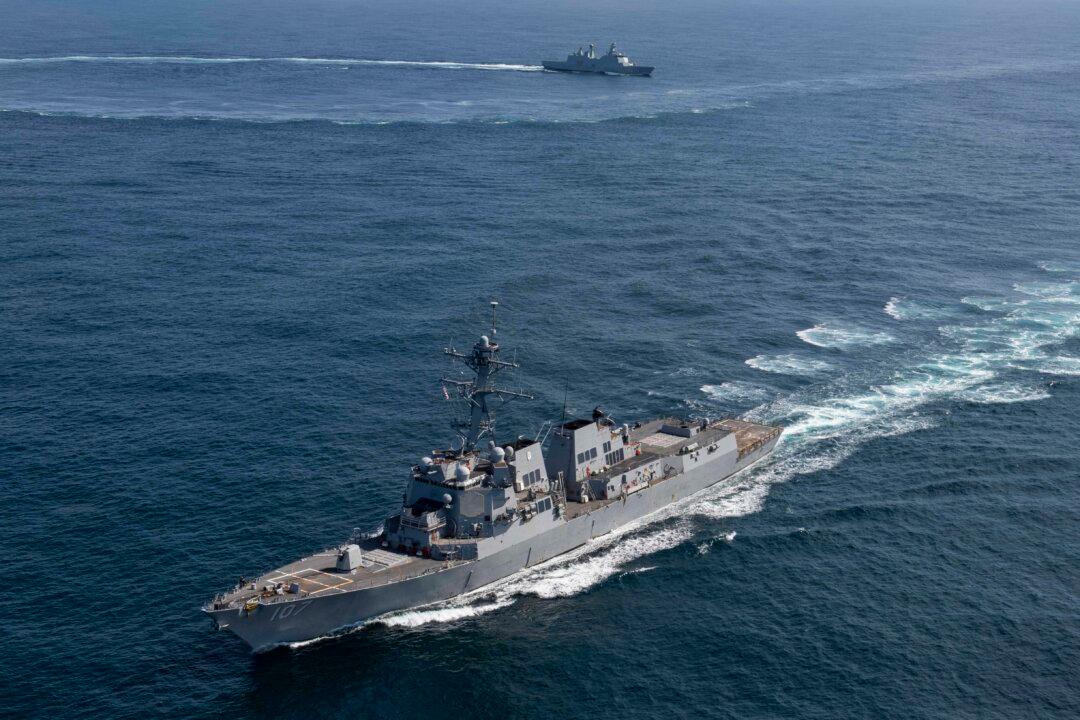Denmark, a NATO member that provides security for Greenland, has warned that “aggressive” Russian behavior has increased the risk of a military confrontation with Moscow in the Arctic.
An annual report by the Danish Defence Intelligence Service, published this week, said Russia was adopting a riskier approach in the Arctic Circle amid minimal levels of international cooperation.





